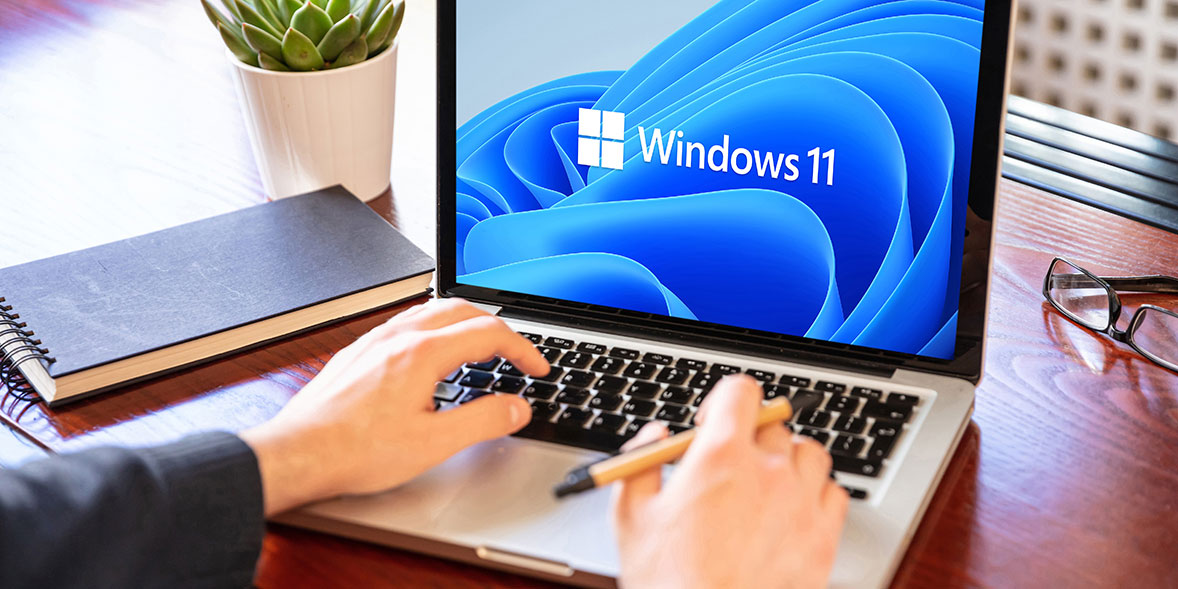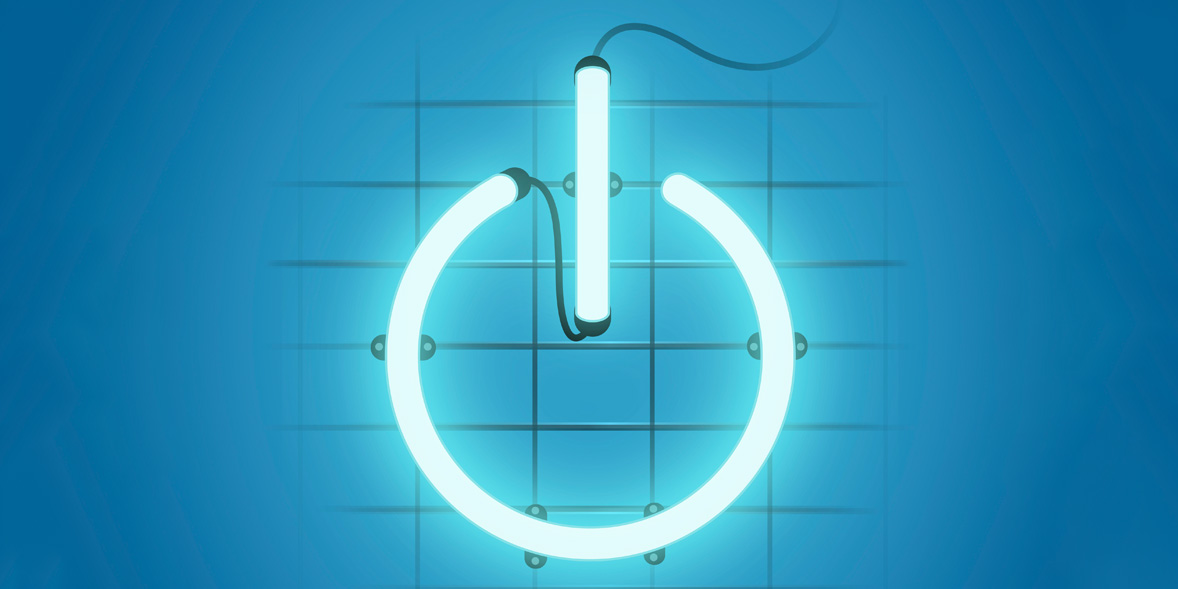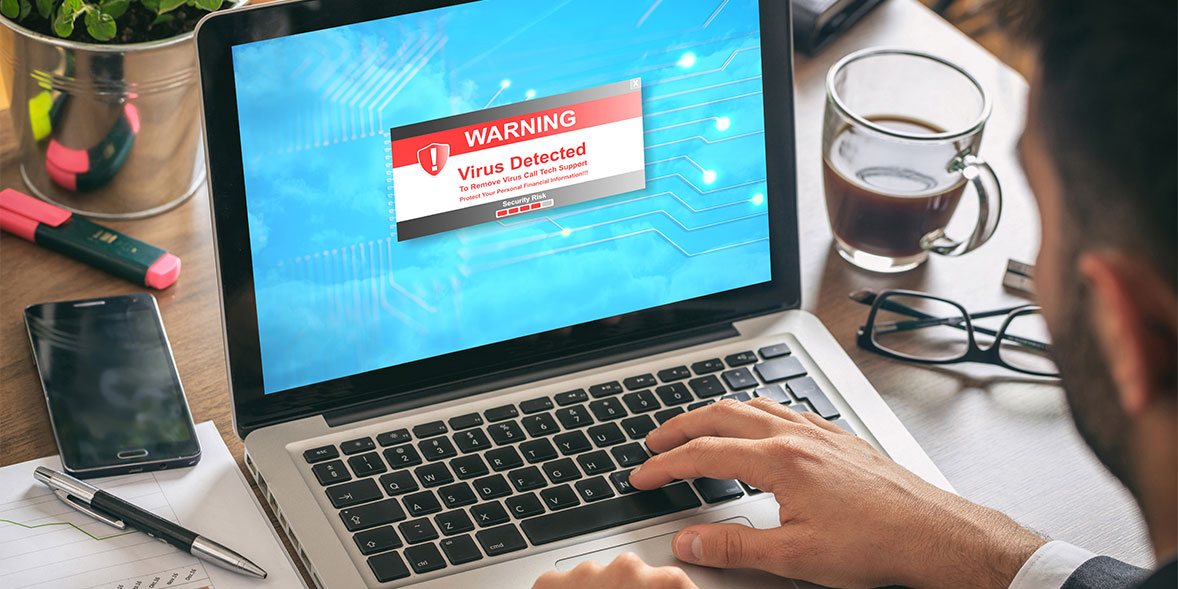
By clicking a retailer link you consent to third-party cookies that track your onward journey. If you make a purchase, Which? will receive an affiliate commission, which supports our mission to be the UK's consumer champion.
Best antivirus 2024: Which? Best Buys and expert buying advice

Looking for the best free antivirus protection? You've come to the right place. Find out which antivirus meets your needs by using the results of our in-depth lab tests.
To uncover which is the best free antivirus software and whether you need to pay to get the best, we bombard free and paid-for software with tens of thousands of threats. This includes viruses, ransomware and phishing attacks designed to compromise and steal data. We repeat this four times a year, as new threats are emerging all the time and we want to be sure the best antivirus software we recommend will consistently protect your computer.
Thanks to our test results, we can also save you money. We know that free and paid-for versions of the same antivirus have the same protection. So unless you want extra features or extra peace of mind, opt for one of our best free antivirus programs.
Do you use a Mac? See our expert pick of the best antivirus for Macs
Best free antivirus
You can save up to £90 a year by choosing free antivirus software, and still get great overall protection. This year the best antivirus in our tests is a free package.
But some free options are annoying to use, have irritating pop-ups and aren't as good as rivals at protecting your devices.
To make sure that the free antivirus you install is the best, use the results of our tough, independent lab tests.
Which? members can log in to see the full results. Not yet a member? Join Which? to unlock our antivirus results and all our online reviews, including laptops, tablets and mobile phones.
| Product | Score | Live protection | Anti-phishing | Ransomware | Scanning overall | Ease of use | Pop-ups/ads annoyance |
|---|---|---|---|---|---|---|---|
Sign up to reveal Get instant access to this and all our scores and recommendations. Unlock tableFirst month £5, then £10.99 per month, cancel at any time Already a member? Log in | 86% | ||||||
| 82% | |||||||
| 80% | |||||||
| 78% |
Sign up to reveal
Get instant access to this and all our scores and recommendations.
Unlock tableFirst month £5, then £10.99 per month, cancel at any time
Already a member? Log in
What you need to know about our antivirus tests
Our lab tests are seriously tough and we throw thousands of malicious nasties at all the antivirus software on test. Seeing a free antivirus product come out on top is always exciting, as we can save you money and recommend powerful free protection that's not weighed down by annoying and often confusing renewal conditions.
Best antivirus overall
This antivirus product epitomises the best example of the kind of quality you can now expect from free antivirus. It's the top-ranking antivirus software on test this year.
Anti-malware, anti-phishing, anti-ransomware and anti-spyware are all included, and all are top-notch in quality. Scanning capabilities, both of the internal hard disk and any connected USB devices, are powerful and comprehensive. It’s great at detecting and dealing with threats.
Ads are minimal and not aggressive, and you’re also granted three licences. This lets you cover three devices under a single account. We also like the clean and clear user interface and menus.
Expert verdict: This impressive antivirus software is a top-quality choice for solid protection. And it doesn't cost a penny. By contrast, the worst-performing antivirus in our tests offers mediocre protection and costs £50 a year.
Only logged in Which? members can see the results of our lab tests and find out which antivirus software is best. Which? is a not-for-profit organisation - every member subscription helps fund our charity's campaigns to make life simpler, fairer and safer for everyone. Not yet a member? Find out more, including how you can join Which?.
Best antivirus paid
We recommend you install one of our recommended best free antivirus if you want to save money, as they can perform just as well as the ones you pay for. However, what you're more likely to get with paid-for antivirus are extra features, such as multiple licences, and you won't have to put up with annoying ads.
If this appeals to you, make sure your antivirus is worth your money by picking one of the best paid-for antivirus from our independent lab tests.
Which? members can log in to see the full results. Not yet a member? Join Which? to unlock our antivirus results, along with all our online reviews, including laptops, tablets and mobile phones.
| Product | Score | Live protection | Anti-phishing | Ransomware | Scanning overall | Ease of use | Pop-ups/ads annoyance |
|---|---|---|---|---|---|---|---|
Sign up to reveal Get instant access to this and all our scores and recommendations. Unlock tableFirst month £5, then £10.99 per month, cancel at any time Already a member? Log in | 85% | ||||||
| 83% | |||||||
| 82% | |||||||
| 81% | |||||||
| 80% | |||||||
| 80% | |||||||
| 80% | |||||||
| 80% | |||||||
| 74% | |||||||
| 74% | |||||||
| 66% |
Sign up to reveal
Get instant access to this and all our scores and recommendations.
Unlock tableFirst month £5, then £10.99 per month, cancel at any time
Already a member? Log in
Popular antivirus for Windows
Windows is by far the most-threatened operating system (OS), due to its dominance in the market – it was the target of more than 80% of all malware in 2020 and 2021 (the latest years we can find data on). If you have a Windows computer, it may be prudent to look for a more extensive package that covers as wide a range of threats as possible.
Avast Free Antivirus
Avast is one of the best-known antivirus companies offering a free software edition. It might be light on features, but as long as it gets the basics of security and anti-phishing right, it could be an excellent choice. We’ve put it through its paces.
Norton 360 Deluxe
You’ll find Norton pre-installed on many laptops and it's a popular choice in high-street retailers. It can be very expensive when you renew, however, so it will need to put in a strong showing to prove it’s worth the cash.
Best free antivirus vs paid-for antivirus
Based on our lab tests, we know that our Best Buy free antivirus can competently handle threats, such as the malware, you may face online.
The quality of free antivirus and its ability to detect threats is becoming comparable to many of the best paid-for equivalents. If you can go without additional features and endure some ads, it's likely the best choice for you and your bank balance. We've even seen some extra features included with some free antivirus, such as basic VPNs and password managers. Our top free antivirus even offers three licences to use under a single account.
So think carefully about your needs and your online activity, and use our test results to choose the safest and best option.
You can jump back to our best free antivirus or to our best antivirus paid results, or keep reading to find out more.
What you get with paid-for antivirus
If you decide to pay, you should get more for your money. In addition to quality antivirus that can accurately identify and stop a wide range of threats, other features are usually part of the package, such as a password manager, parental controls or file cleanup, among others. This means you're really just paying for extra features that won't necessarily improve your security but might be handy to have. However, you can often get these for free elsewhere.
It's important to keep on top of renewal, as a huge spike in cost after the first year has become the industry standard. It's also generally activated by default, so you'll need to manually go into your account settings if you'd like to choose your renewal preference at the end of each year.
Another thing worth knowing is that paid antivirus software will often grant you multiple licences. This means you can install the antivirus software on multiple devices, but under a single account. Some subscriptions will also include different types of devices, such as Android devices, iPhones and Macs, which may be a more convenient choice for multi-device households. This also allows the freedom to use parental controls over multiple devices with various operating systems.
Join Which? Tech Support - stay on top of your tech and get unlimited expert 1-2-1 support by phone, email, remote fix and in print.

Already a Tech Support member? For one-to-one technical advice, including advice on which antivirus to install, scan the QR code above to go to our Tech Support booking tool. Reading this on your phone or tablet? Click to go to our Tech Support online booking tool.
Windows antivirus features compared
Below, we've arranged all the antivirus we’ve put through our tough lab tests alphabetically, alongside the key features you might expect to find. Use our table to check whatever antivirus you're interested in has the features you need.
If you want to find out more about each feature, scroll on.
| Avast One Basic | Yes | No | No | No | Yes |
| AVG AntiVirus Free | Yes | Yes | No | No | No |
| AVG Internet Secuirty | Yes | No | No | No | No |
| Avira Free Security | No | Yes | No | No | Yes |
| Avira Internet Security for Windows | Yes | Yes | No | No | Yes |
| Bitdefender Antivirus Free for Windows | Yes | No | No | No | No |
| Bitdefender Internet Security | Yes | Yes | Yes | No | No |
- Anti-phishing Whether antivirus protects you from scam websites. Sometimes you're required to install a browser extension for this.
- Password manager Whether you get access to (either within the main antivirus or via a web browser extension) a password manager tool.
- Parental controls Used to control access to the internet and programs. These can limit access at specific times of the day or block certain sites entirely.
- Backup Some antivirus includes additional safe storage to backup files, folders and pictures, storing them on the antivirus' cloud. This also helps secure important docs from ransomware attacks as the backups are stored within the antivirus companies secure databases and or cloud service. If you don't renew your antivirus subscription, you'll lose access and the data may be deleted entirely after your subscription ends. Be sure to check the T&Cs for confirmation. Find out more about the best cloud storage.
- Tune-up Whether it's capable of scanning and clearing your device of junk or duplicated files, folders and pictures, which the manufacturers claim helps to prevent the device slowing down. Some also monitor applications and deactivate those not in use.
Should I use Windows' built-in security?
Windows Defender comes preinstalled with Windows 10 and 11 and for the most part provides decent security coverage. Plus, Defender is free, it updates with the operating system, quietly works in the background and even includes a few features, such as parental controls and a basic tune-up.
Windows Defender has several basic protections that are suitable for everyday browsing. Its limitations lie in areas such as scanning. Based on our tests, it can take multiple scans before it detects (and then acts on) malware.
We also didn't find its anti-ransomware capabilities (Defender Security) particularly strong. Its anti-phishing, handled by Microsoft Smart Screen technology, identified some of the threats we threw at it but missed others entirely.
While Windows' built-in security is OK, if you're looking for more in-depth, dedicated security online, antivirus will be a necessary upgrade. If you don't want to pay, choose one of the best free antivirus.
Tech tips you can trust - Get our free Tech newsletter for advice, news, deals and stuff the manuals don’t tell you
Should you use Kaspersky antivirus?
In 2017, the National Cyber Security Council (NCSC), an arm of intelligence agency GCHQ, recommended government departments not to use Kaspersky due to Russia‘s history of attempting to hack critical UK infrastructure.
The NCSC published further advice in March 2022. The key thing for UK consumers using Kaspersky software to know is unless they're doing work that could be seen as being counter to the interest of the Russian state, the NCSC says it’s highly unlikely they will be targeted directly.
However, the NCSC did warn that: ‘You may need to move to a new AV [antivirus] product if Kaspersky itself becomes subject to sanctions, since the AV product would likely stop getting updates.' As of July 2024, this advice remains unchanged, but we're monitoring what action the British government may take after a recent US announcement of a ban of Kaspersky software there. We will update this information should a ban of Kaspersky software in the UK be announced. You can find out more on the NCSC website.
We aren't currently recommending that Kaspersky customers stop buying its products or using its software. However, Kaspersky's antivirus didn't rate highly enough in our lab tests to be a Best Buy this year, and our tests show there are better packages. So look to our Best Buys - either our best free antivirus or our best paid-for antivirus results.
How we test antivirus
Our test involves subjecting every antivirus program to tens of thousands of threats, including viruses, ransomware, and phishing attacks that are designed to compromise and steal data. We repeat the test four times each year and the scores we publish are based on a full year of testing, giving you confidence that our recommendations have performed consistently.
For more information, see our guide on how we test antivirus.


















